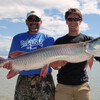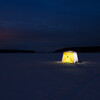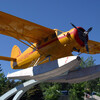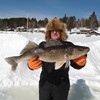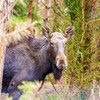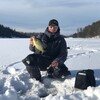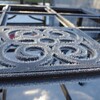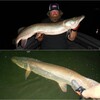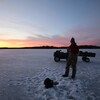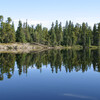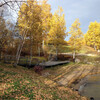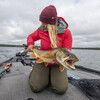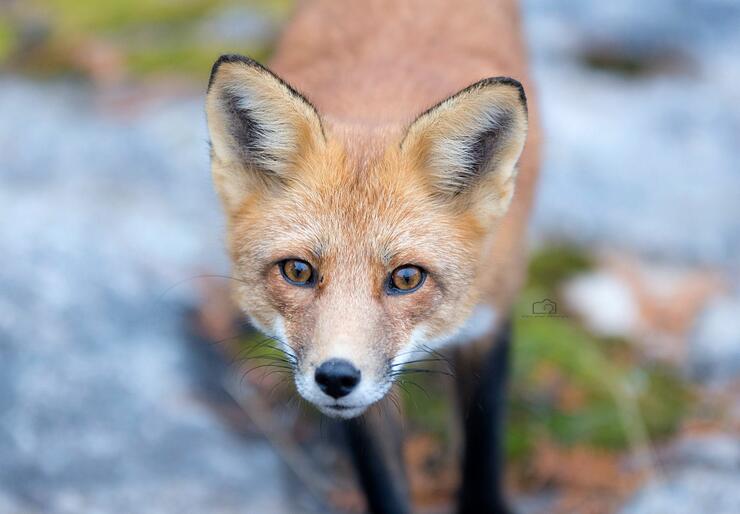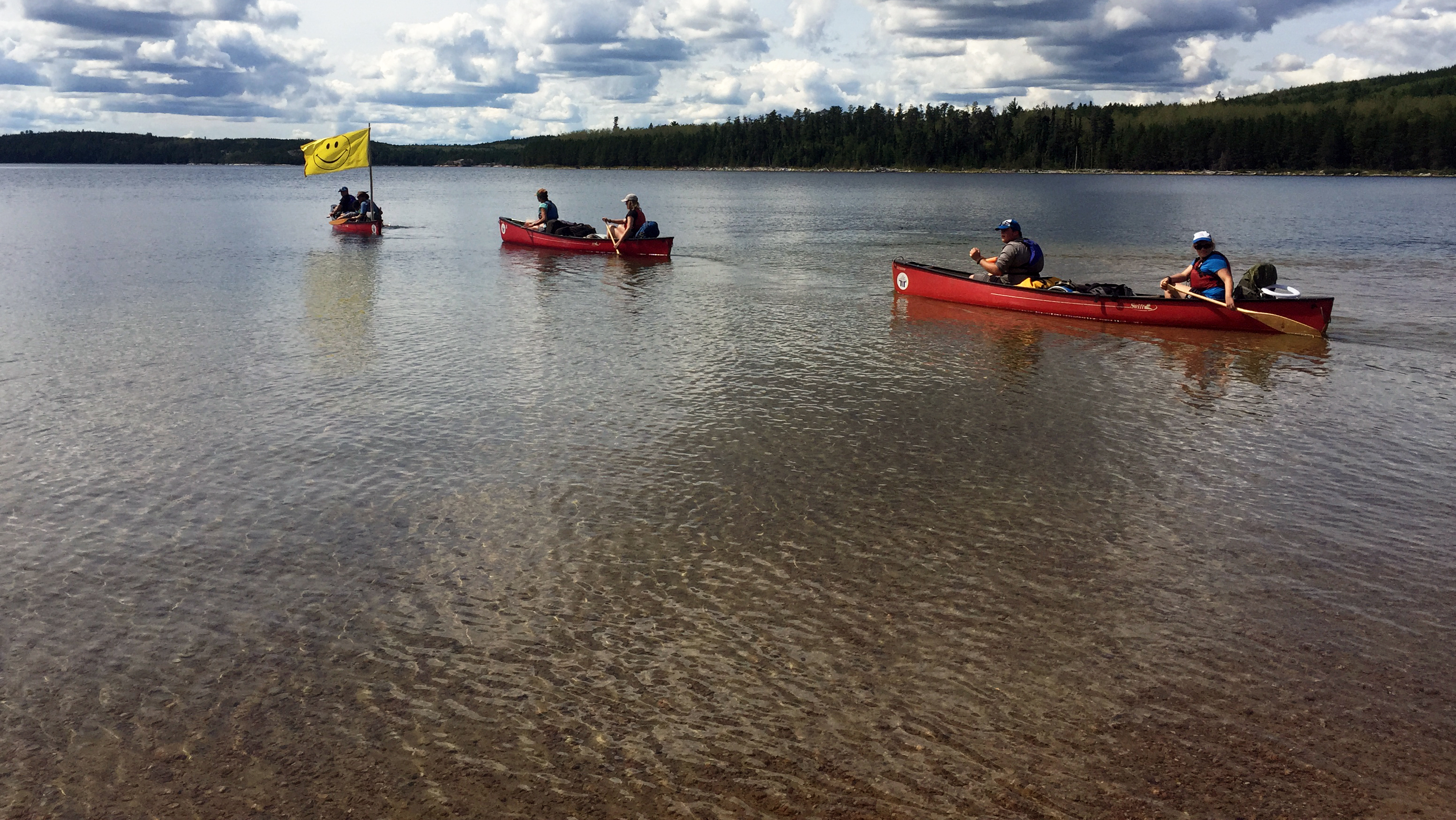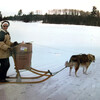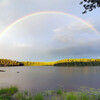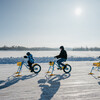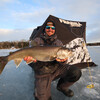
Keep Nature Wild
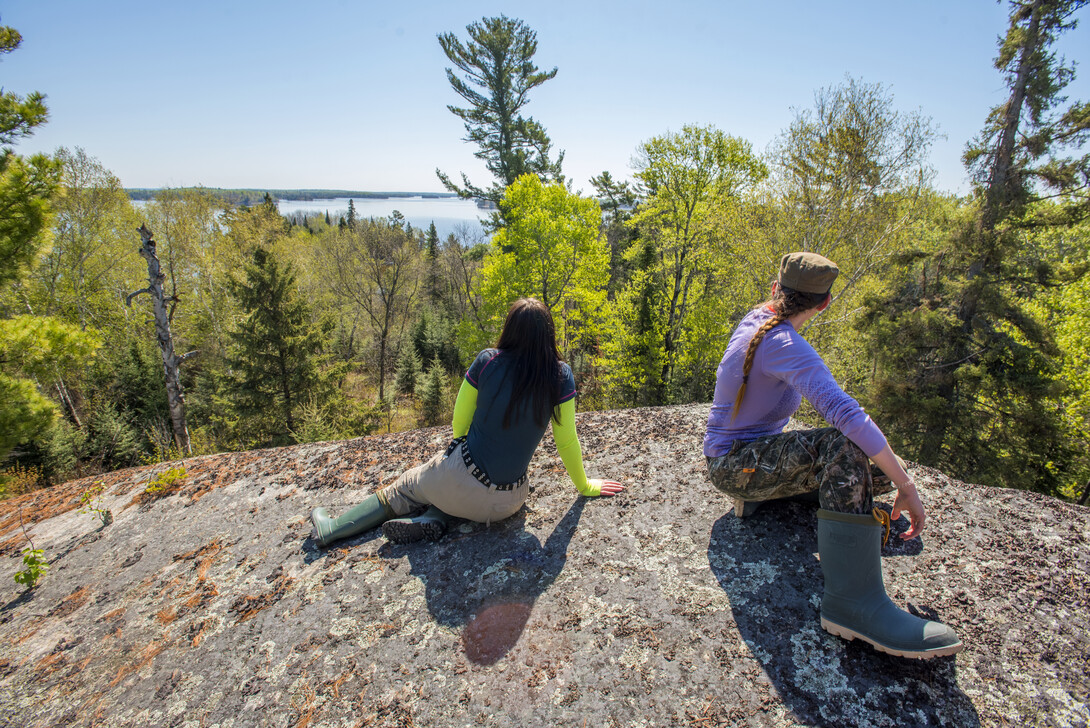
Humans are an incredible species. We're smart and resourceful but evidently, we are also forgetful and lazy. And not to sound too harsh, but I'm leaning on the lazy end of the spectrum. While camping, it takes less effort to clean up after yourself than a bag of chips takes to open. After all, if you packed it in... you can pack it out.
Since there are more people out there who do care than who don't, here are some tips to help you help our wild places stay wild, or become even wilder!
Use refillable water bottles
Plastic water bottles are becoming less and less welcome in today's world, as they should be. Empty ones will inevitably blow away, whether it be into a pile of brush or into the water, and can remain there longer than the lifespan of a human.
Fill up a thermos or refillable water bottle such as a Nalgene to make your difference on the trails and on the water. You'll be happy you did when you realize how much easier they are to carry with you on your adventures!
Lifehack: Starting this refillable habit will also help you drink more water!
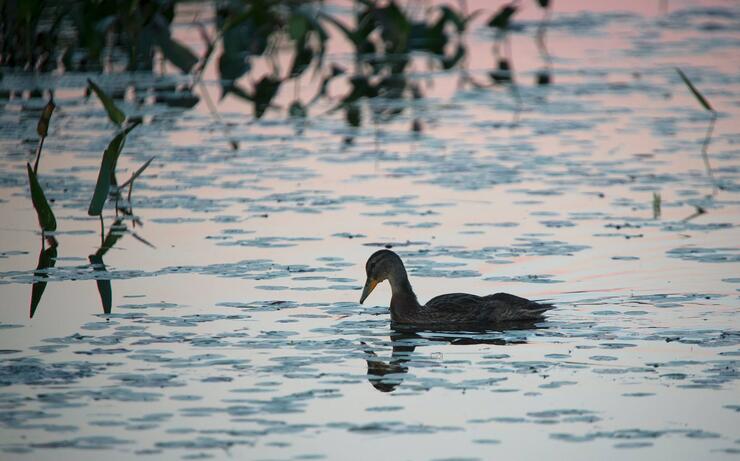
Set the Example
Yes, do be the change you want to see in the world.
If you're out with friends or family and you see litter—pick it up. Explain why you're doing so and why you make a point to do it. Maybe you don't want to see it, maybe you don't want an animal ingesting or becoming entangled in it, and maybe you don't want pollution or litter messing with a particular species or an entire ecosystem. Whatever your reasoning if not all of the above, be sure to say so!
Karma may or may not be real, but picking litter up sure does make you feel good afterward.

Pre-Pack for Camping
What is the single best way to create less waste while camping? Simple! Pack less in.
Removing foods, and tools, you name it from plastic and metal containers, and placing them in reusable containers before going into the wilds, will significantly cut down on waste.
Some containers can't be helped, and as much as we hate to admit it, plastic baggies are much flatter to use in lightweight packs. However, paper bags are handy for solid foods such as pieces of bread, cheese, etc, and can be burned after use. Another great tip: pack foods that already have natural casing such as apples, oranges, bananas, peppers, and carrots. Bringing in a small cutting board and a sharp knife is worth the fewer baggies needed to store veggies already pre-cut.
Don't Miss IT
No matter how hard you try to clean up and look after the area you've been using, sometimes things will get overlooked. This may sound like a completely ridiculous solution, but here's a trick for never leaving important stuff behind again.
Buy brightly coloured tools. It's so simple, yet so effective. How many camping tools have you lost? Special, lightweight spatulas, and spoons are left behind. Even though they are created for the outdoors, doesn't mean they should be left there. Filling your camp kitchen and workspace arsenal with vibrant tools will help you leave no man behind, and save you money down the line when you need to replace them.
That's a wrap(Per)
Those who took the time to read this article are more than likely the ones who carry garbage bags in their vehicles for other folks' litter. This is great, but we need the etiquette to extend beyond those who already do their part. Shaming or guilting others likely won't work, but if you have creative ways to reduce waste in the wild, we'd love to hear them. Email us at info@visitsunsetcountry.com with the subject "Litter" to share your suggestions, and we'll add them to this article to inspire others!
Recommended Articles

Is the 1,400 Kilometre Drive to Northwest Ontario For a Fishing Trip Worth it?
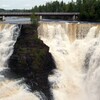
8 must-see waterfalls

6 Ways to Get Your 10,000 Steps This Fall

Top 5 Reasons You Should Be Fishing in Morson, Ontario
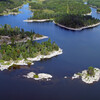
Discover The Winnipeg River
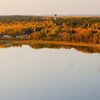
Enjoy Sunset Country's Fall Colours on Your Next Road Trip

Fishing in the Fall?
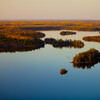
6 Reasons to Book a Fall Vacation to Sunset Country
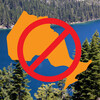
10 Reasons to Avoid Ontario’s Sunset Country
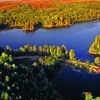
Heading Across Canada?

A Guide to Sunset Country Museums
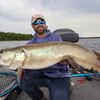
The Promised Land: Best Muskie Fishing in Ontario
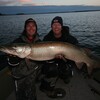
Fall Fishing Tips
5 Essential Boreal Experiences in Ontario's Sunset Country
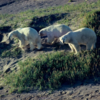
5 Obscure Facts About Northwestern Ontario: Were You Aware of These?
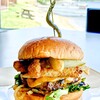
Great Food in Relatively Unknown Places
Outdoor Medicine
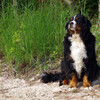
A Guide to Bringing Your Pets on Vacation to Canada
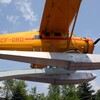
There's more than just fishing in the Red Lake Region

5 Amazing Sights You Can Only See By Boat
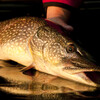
Going Fishing in Canada?
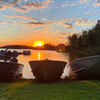
Going fishing in Ontario?
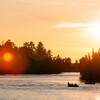
Outdoor Adventure in Ontario's Northern Paradise
Planning A Family Fishing Trip to Canada
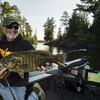
Tips from a Fishing Legend
